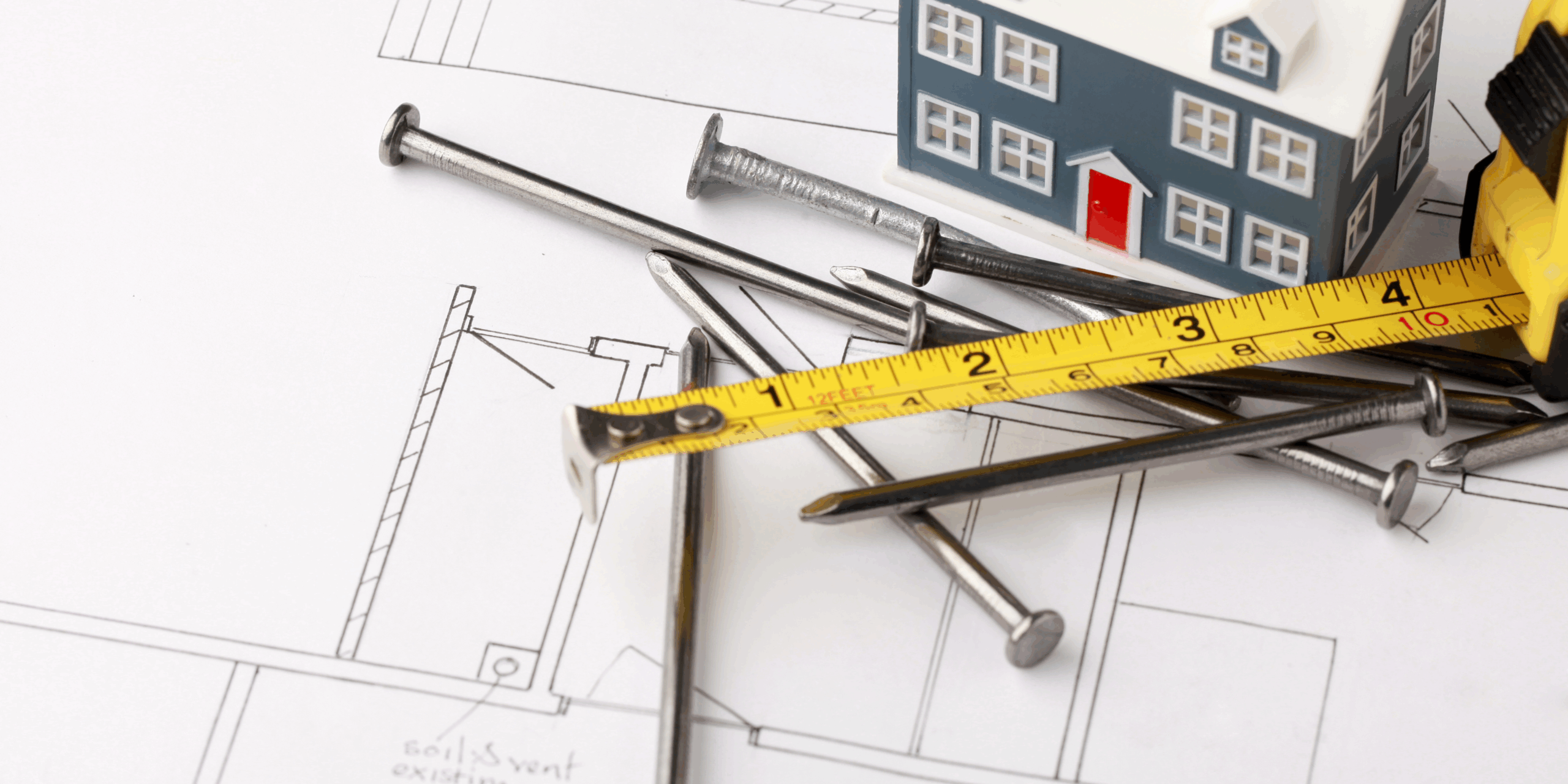

“Can I stop working if I have not been paid?” This is a question my clients ask very frequently, and my very “lawyerly” response is, it depends. Most people think it’s a given if they have not been paid, they can stop working.
However, you may be in breach of the contract if you stop working even though you have not been paid, depending on the language in the contract you signed.
For my residential contractors, you should make it very clear to your customers that if you are not paid, you will stop working. How I normally suggest making this crystal clear is by putting it in plain English in your contract.
The best way I have found is when you are listing your milestone payment schedule in your contract, include statements that you will send out an invoice when you have completed the milestone. Your customers will be given five (5) business days to pay the invoice. If the invoice is not paid in five (5) business days, you will stop working.
I would also add that if you continue working when they pay the invoice, you cannot guarantee you will be able to resume work on their project right away, and they will be scheduled on your next available date.
You will also not be responsible for any delays in the completion of their project due to the delay in payment. Having this clearly written in your contract removes any question that you can and will stop working if you are not paid. It also makes it clear that you will not be in breach of the contract if you stop working because of non-payment.
For my commercial contractors, this is not so straightforward. Most contractors who work on commercial projects sign a commercial subcontract agreement.
Most commercial subcontract agreements contain a pay-when-paid or a pay-if-paid clause. What this means is that even if you do everything 100% correctly, you may not get paid, and you will have to keep working. A pay-when-paid and pay-if-paid clause means that the general contractor who hired you does not have an obligation to pay you unless they have been paid by the owner.
As a subcontractor, you have no control over the relationship between the owner and the general contractor, therefore, have no control over when you get paid. If the owner does not pay the general contractor, you must keep working even though you have not been paid because the general contractor has no obligation to pay you.
The best way to make sure your company will be covered when you sign a contract that has a pay-when-paid or a pay-if-paid clause is to have enough cash on hand to be able to complete your scope of work without getting paid.
I know that is a lot to ask of your company, and it basically means that you are financing the project for the owner. But if you are unable to keep working, you will be in breach of your contract, and that could cost you a lot more money.
Another way to protect your company from these types of clauses is to start the lien process as soon as you are aware you will not be paid. There is nothing illegal about starting the lien process early; all states have different rules and requirements for liens, but none have a penalty for starting the process early.
If you are not paid, you can send out an intent to lien letter to the owner and general contractor, which states that you have not been paid and will move forward with a lien if you are not paid.
Starting this lien process early has been a very successful tactic in getting my clients paid when they have signed a contract with a pay-when-paid or a pay-if-paid clause. If you want to know more about the lien process and how to get it started, please give us a call.
Texas and many other states do have what is called a “Prompt Payment Act.” The act states that if the owner has paid the general contractor for your work and the general contractor has not paid you, you may, under certain conditions, stop working. To learn more about the Texas Prompt Payment Act, please see my previous blog article on the topic.
Karalynn Cromeens is the Owner and Managing Partner of The Cromeens Law Firm, PLLC, with over 17 years of experience in construction, real estate, and business law. A published author and passionate advocate for contractors, she has dedicated her career to protecting the businesses her clients have built. Karalynn is on a mission to educate subcontractors on their legal rights, which inspired her books Quit Getting Screwed and Quit Getting Stiffed, as well as her podcast and The Subcontractor Institute.

